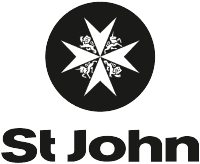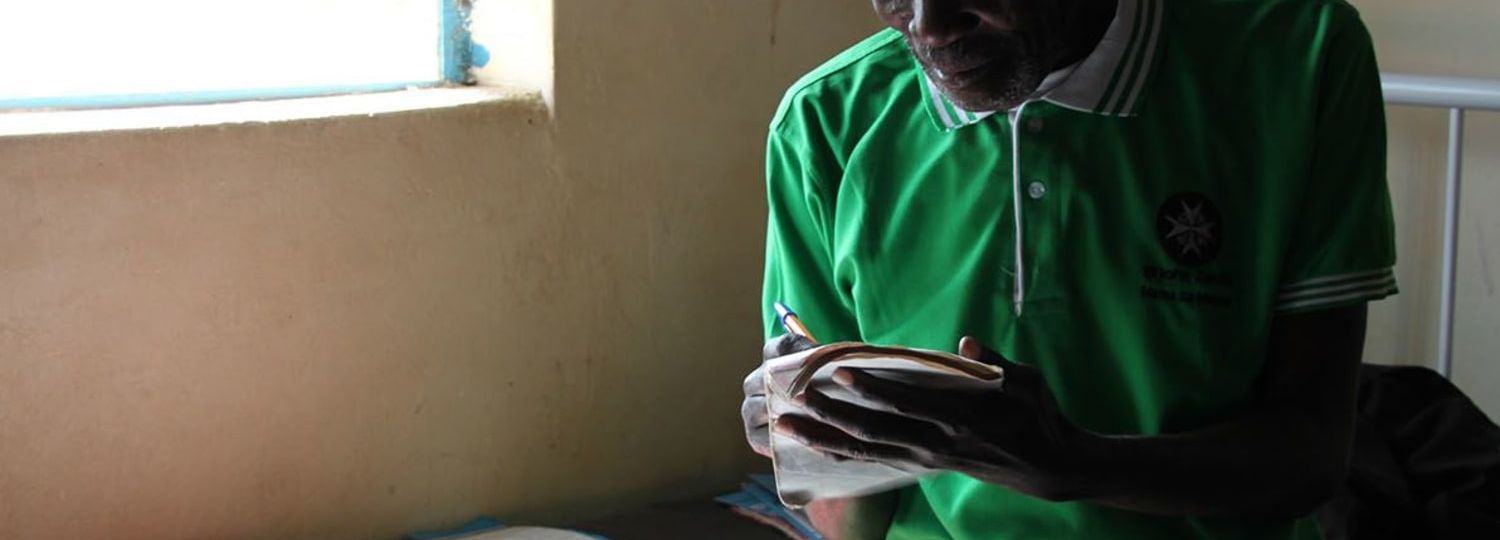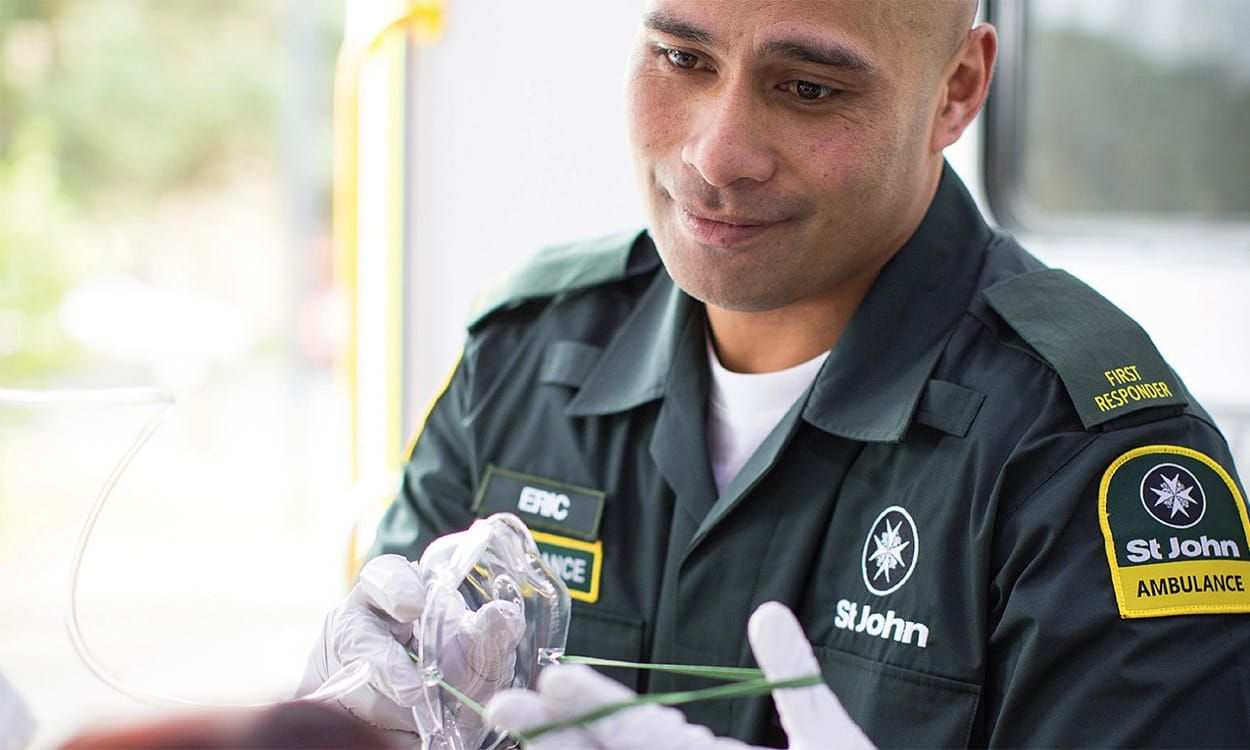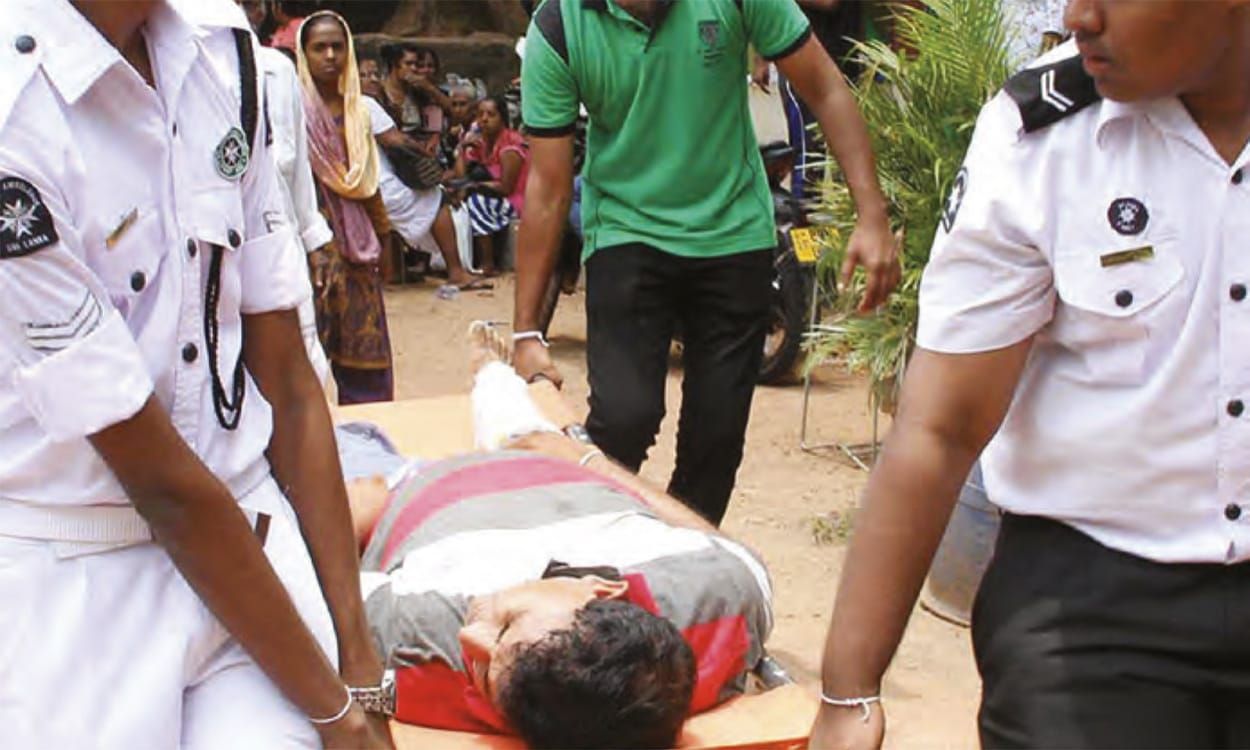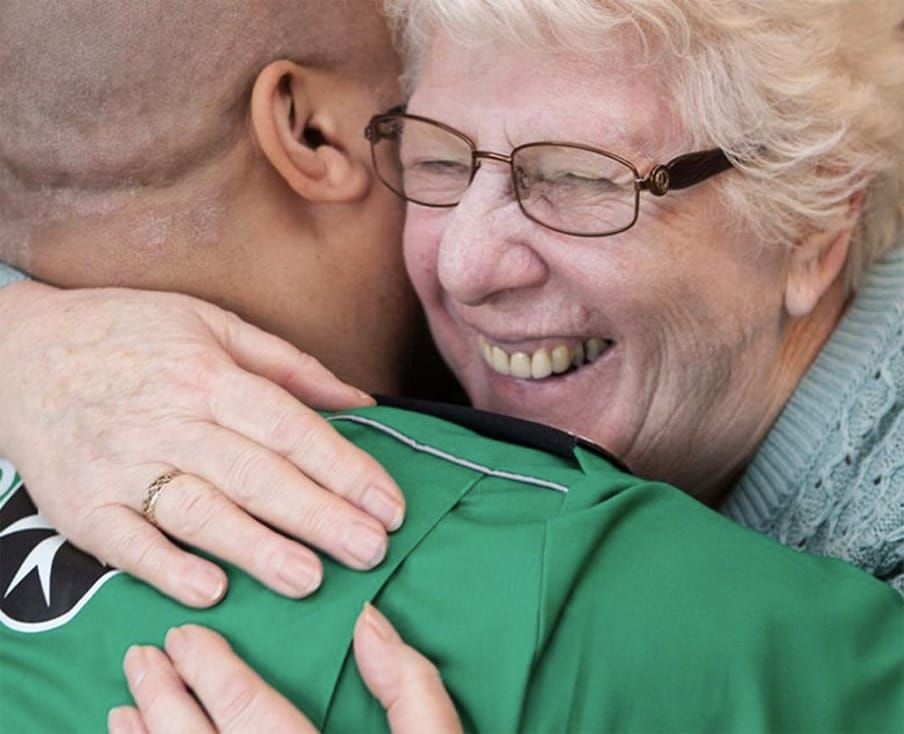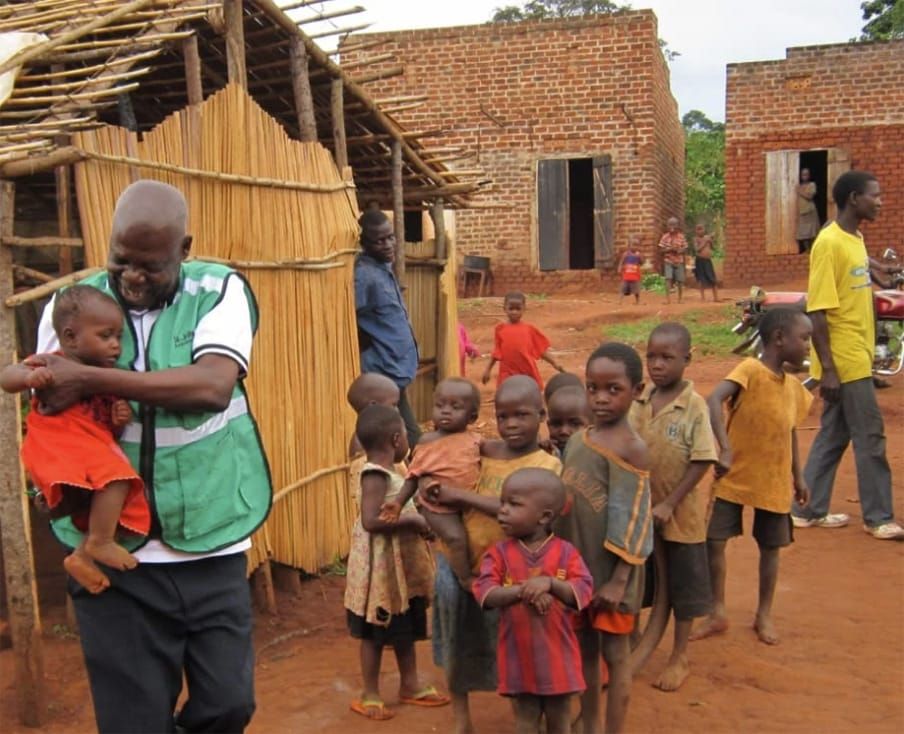New grant for HIV testing and counselling for St John
There are 15% of women and 11% of men in Zambia living with HIV, but nearly half of them do not know their HIV status. Stigma and discrimination is a strong barrier to HIV testing, especially for men. As a result, only about 60 per cent of all HIV positive adolescents are on HIV treatment.
Early and frequent antenatal care attendance – encouraged through St John Zambia’s successful mother and baby programme – represents a significant opportunity to identify HIV positive women and their partners to better assist them.
The Overseas Aid & Development Commission of The States of Guernsey is supporting St John with a grant of £34,000. This one year grant will enable St John Zambia to expand their existing health programme for safe motherhood by including crucial HIV related activities for families. They aim to bring expectant and new parents into testing and treatment, and to help prevent the transmission of HIV from mother to child.
The grant application was strongly supported by St John Guernsey. As a member of the worldwide Order of St John, St John Guernsey has been helping local people since the 1930s.
We are very excited that our government not only appreciates the good work St John does in the Bailiwick, but in other parts of the world as well“, says Andrew Henton, Knight Commander for St John Guernsey. “The grant helps us to build a bridge between our own volunteers and the ones who are working for St John in Zambia. Volunteers are the backbone of St John, no matter where in the world they offer their services.
St John Zambia will train its volunteers, who will then deliver support for more than 4,000 people through a cycle of home visits for pregnant women, new mothers with infants and their partners. New activities will provide privacy for HIV testing at home, and volunteers will ensure clinical follow-through.
St John will also train volunteers in psychosocial support to become HIV Mentors. Mentors will ensure treatment enrolment and support for people living with HIV. None of these services are currently available in the project’s targeted sites.
